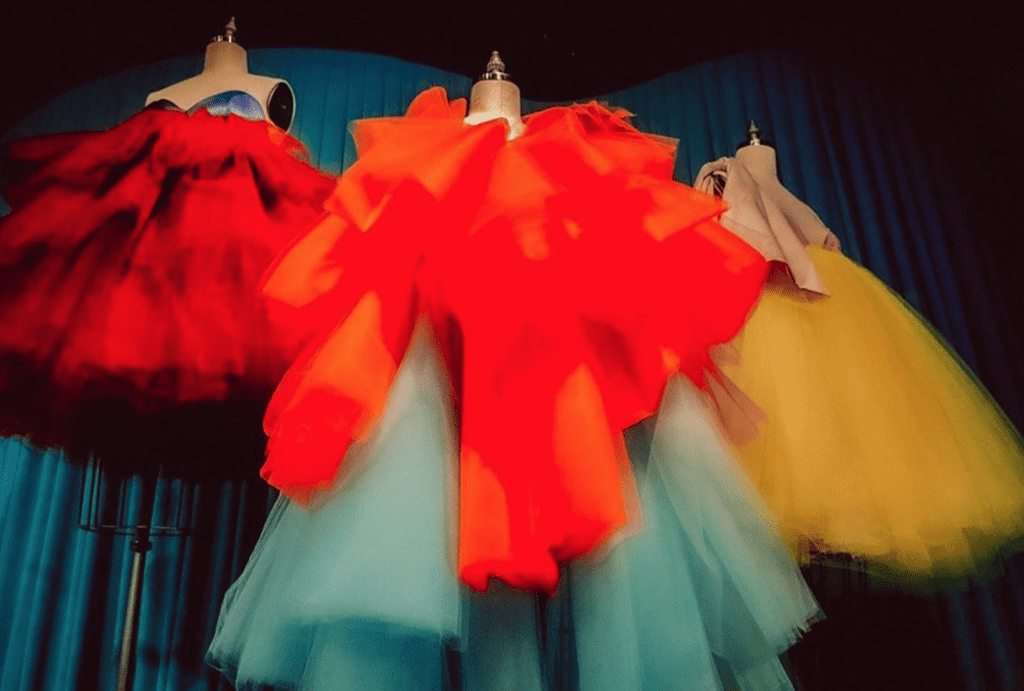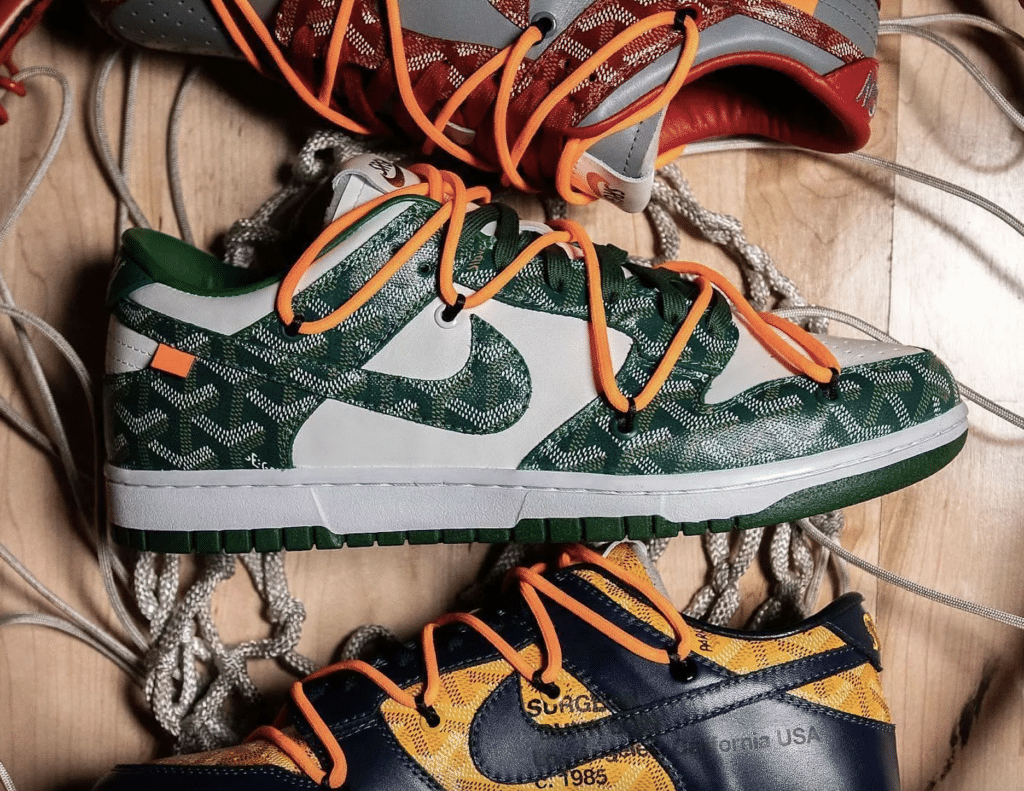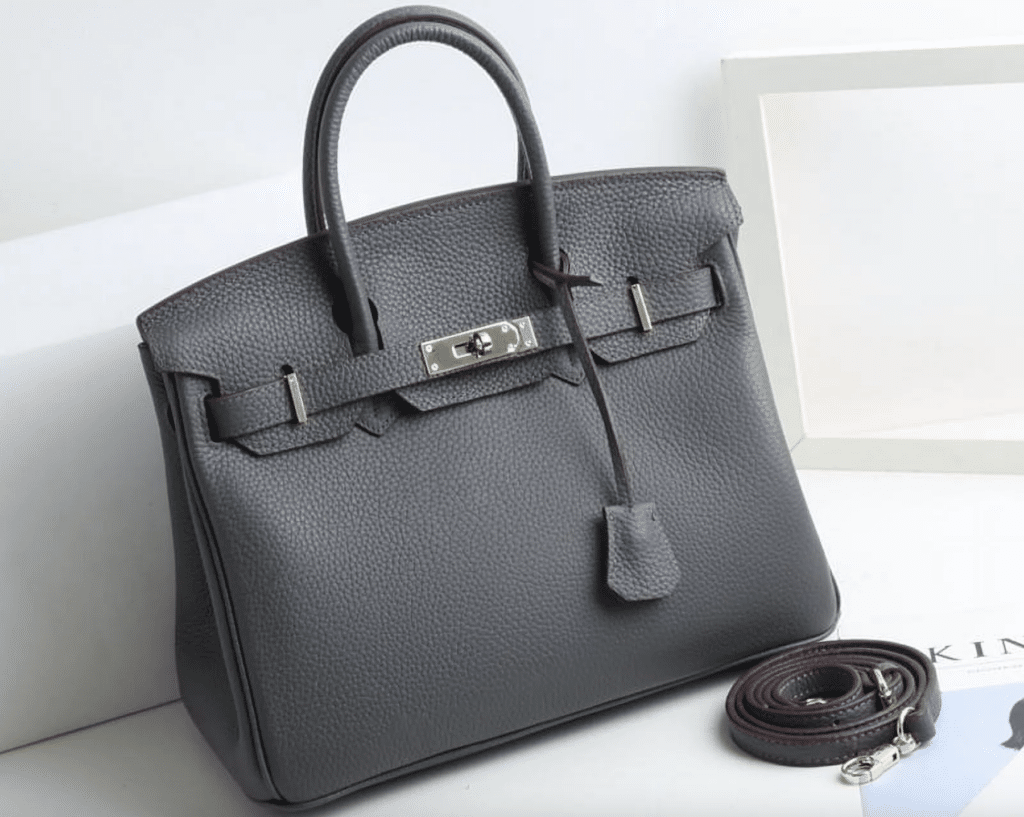What is in an acronym? A lawsuit, if you are the Fashion Institute of Design & Merchandising. According to the complaint that the Los Angeles-headquartered Fashion Institute of Design & Merchandising – or FIDM – filed on Thursday, fellow college Central Michigan University is on the hook for trademark infringement as a result of its use of the fashion design school’s “famous” and federally-registered “FIDM” trademark, having “recently adopted [its own] FIDM mark to brand and promote directly competitive and unauthorized educational services.”
Since at least 1969, when it opened its doors in Los Angeles, FIDM asserts that it has “invested enormous amounts of time, resources, and funds into” promoting its FIDM trademark and “the goodwill associated with” it in connection with its offering of an accredited college education with an emphasis on fashion design, merchandising, marketing, business, etc.
Thanks to its “award-winning educational services;” famous graduates, including the likes of Monique Lhuillier, Juicy Couture co-founder Pamela Skaist-Levy, and reality star-turned-fashion designer Lauren Conrad; and an advisory board that boasts industry titans, such as Pierre Cardin, Diane Von Furstenberg, Emanuel Ungaro, and Bob Mackie, among others, FIDM asserts that its name and related trademarks have “become well known, strong, and famous among consumers, students, and the general public as distinctive and exclusive indicators of FIDM and its high quality services.”
Seeking to benefit from that reputation, FIDM – which has outposts in Los Angeles, San Francisco, San Diego, and Orange County, all complete with “FIDM” signage – claims that Central Michigan University (“CMU”) has adopted the “FIDM” acronym in connection with its own educational offerings, namely, its “Fashion, Interior Design, and Merchandising” department. FIDM argues that CMU is using the mark in ways that “are identical” to its own, to “offer and provide similar educational services and related goods and services in the field of applied arts at similar price points” as FIDM’s.
As such, CMU’s use of the FIDM acronym amounts to “egregious and willful infringement, counterfeiting, unfairly competition, and dilution,” FIDM asserts, and is “otherwise harming [its] famous, federally registered, and incontestable mark and name.”
With such allegations in mind, counsel for FIDM sent CMU a cease and desist letter in January demanding that, among other things, CMU halt its use of the “FIDM” marks and “permanently cease using the Instagram handle @fidmcentral and any other social media account or internet use of FIDM (including any use in a domain name, user name, or hashtag).” A month later, counsel for CMU responded, alerting FIDM that it “would not cease use of the FIDM marks or otherwise comply with FIDM’s requests,” prompting FIDM to file suit in a New York federal court on trademark infringement, counterfeiting, and dilution, and unfair competition and false designation of origin grounds.
While it is well established in trademark law that acronyms may be protected in the same was as a brand name, for instance, can FIDM really prevent CMU from using the acronym that directly references its Fashion, Interior Design, and Merchandising department? Chances are, it can.
Trademark attorney and former U.S. Patent and Trademark examiner Ed Timberlake tells TFL that institutional acronyms operate a little bit like last names when it comes to trademark rights and registrations. “It might be entirely understandable to assume that one would necessarily have the right to use one’s own (last) name as an indicator of source, since it literally indicates the source of one’s services, but we know that’s not always the case.” (Chanel’s victory against a Merrillville, Indiana-based salon owner in 2014 named Chanel Jones is one example of that).
In the case of the Fashion Institute of Design & Merchandising, given that the fashion school has been using the “FIDM” trademark for just over 50 years and has maintained a federal trademark registration for it since 1995, Timberlake says, “I’m not sure how much it matters that ‘Fashion, Interior Design, and Merchandising’ might accurately describe a department at Central Michigan University.”
“It may seem like Central Michigan University should be able to use its own department’s name as a source indicator,” he notes, “but since FDIM already appears to point to another source of educational services (and has for a long time), this might not necessarily be the case (at least as far as use of ‘FDIM’ goes).”
In addition to monetary damages, FIDM is seeking preliminary and permanent injunctive relief to bar UCM from using the “FIDM” mark, including in hashtag form, “in any manner that may cause confuse the public into believing that such product, good, or service originates from FIDM or that there is any affiliation or connection with FIDM.” This also includes “relinquishing and permanently refraining from using [its] unauthorized FIDM Instagram account.
The case is The Fashion Institute of Design & Merchandising v. Central Michigan University, 1:20-cv-01981 (E.D.N.Y.).











